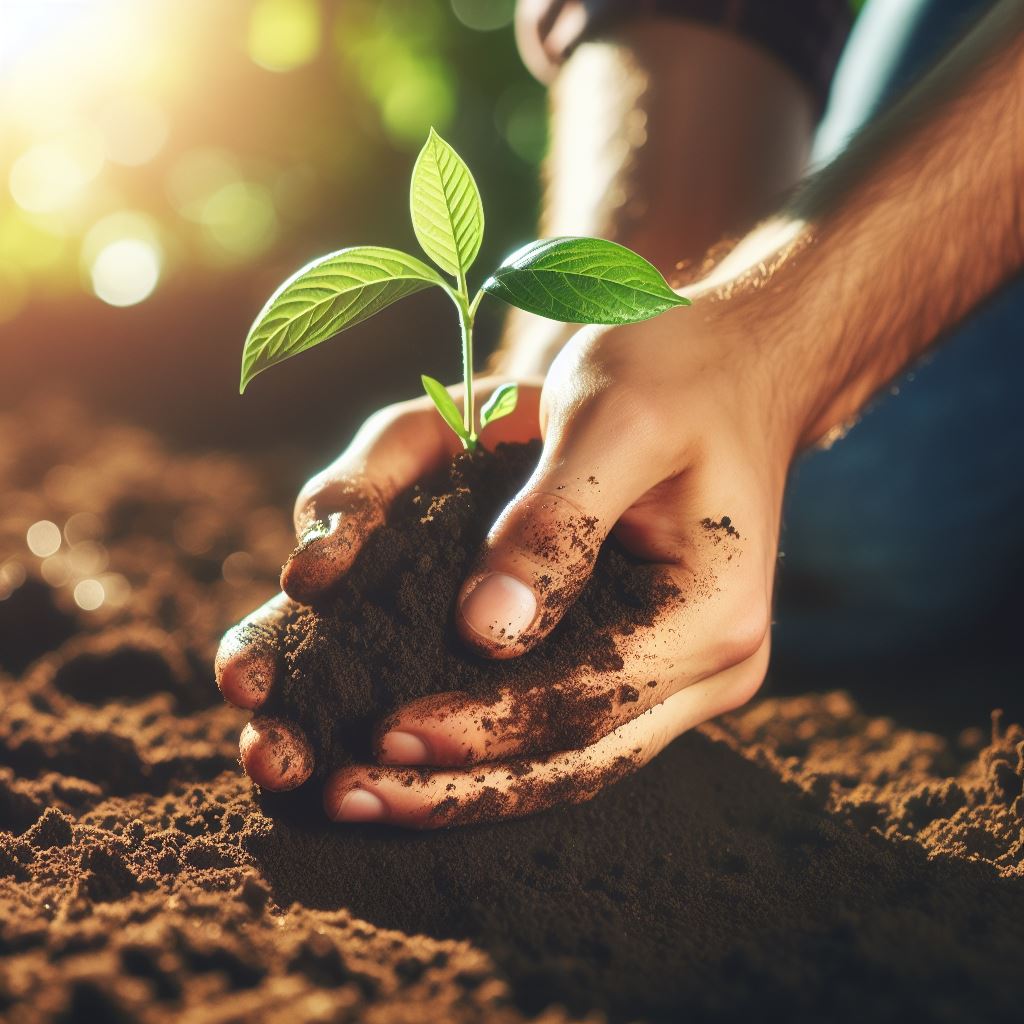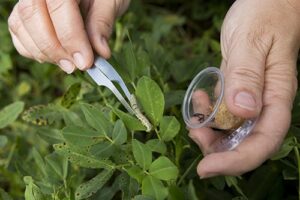
Farm Dictionary 4.jpg
Deep-Litter
Definition: deep-litter
deep-litter: A system of using straw, wood shavings, sawdust, or peat moss for bedding poultry or cattle. COMMENT: For poultry, an inch of well-composted horse manure is laid down first, on which wood shavings, peat moss, or cut straw are placed. The litter is changed after each crop of birds. Deep litter also has value as manure. For cattle, straw, shavings, and sawdust form a deep litter. Warmth is given off as faeces in the litter ferment, and additions of fresh litter can be made on top of the old. Deep-litter systems can improve animal welfare and farm hygiene. Farmers should manage deep litter by regularly adding fresh material and monitoring moisture levels to prevent the buildup of harmful pathogens. The resulting composted litter can be used as a valuable fertilizer, enhancing soil health and reducing waste.
Originally posted 2005-09-23 23:21:16.
Fall off the barn roof and busted your keister? Life on the farm or ranch can be tough on the bum. Need a break? Laugh it off at FarmerCowboy.com, the #1 farm humor site. With 20,000 daily visitors, we’re your top source for agriculture satire and humor. Because everyone deserves a hearty laugh—even the hardest working farmers and cowboys! Join us and turn those long days into fun tales at FarmerCowboy.com.
Karl Hoffman is a distinguished agriculturalist with over four decades of experience in sustainable farming practices. He holds a Ph.D. in Agronomy from Cornell University and has made significant contributions as a professor at Iowa State University. Hoffman’s groundbreaking research on integrated pest management and soil health has revolutionized modern agriculture. As a respected farm journalist, his column “Field Notes with Karl Hoffman” and his blog “The Modern Farmer” provide insightful, practical advice to a global audience. Hoffman’s work with the USDA and the United Nations FAO has enhanced food security worldwide. His awards include the USDA’s Distinguished Service Award and the World Food Prize, reflecting his profound impact on agriculture and sustainability.


